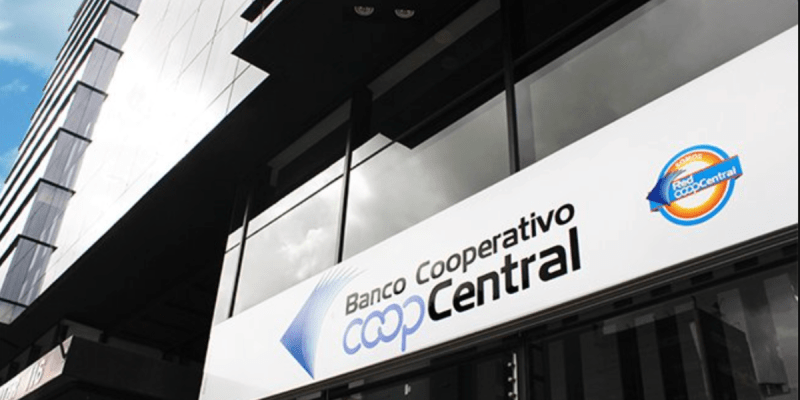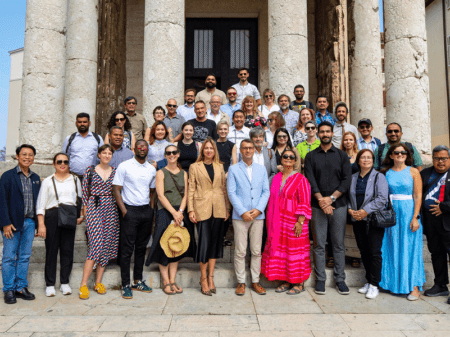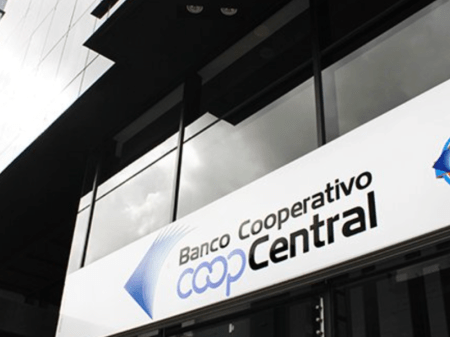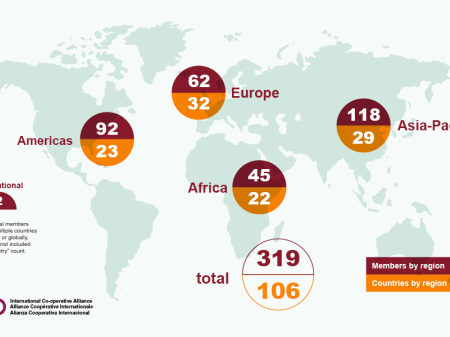
Cooperatives are no strangers to working in partnerships. The sixth cooperative principle – cooperation among cooperatives – embeds the idea of working collaboratively as a vital element of cooperative businesses. This principle also aligns directly with the United Nations’ Sustainable Development Goal 17 on partnerships, underlining the importance of collaboration to achieve sustainable development.
The federated structure of the global movement spans from local groups to national and global networks, enabling both horizontal collaboration across sectors and vertical alignment with policy frameworks at every level. These dynamics are demonstrated in activities and partnerships both within and beyond the movement.
In Colombia, Coopcentral Bank and its network exemplify long-term cooperative partnership working. Originating in 1964, Coopcentral has become the country’s leading liquidity provider for the solidarity financial sector, linking more than 590 entities to national and international systems. With support from DGRV (Germany) and USAID, Coopcentral strengthened knowledge transfer and innovation, expanding access to electronic transactions, debit and credit cards, and ATM networks.
These partnerships accelerated digital transformation during COVID-19, ensuring service continuity and widening financial inclusion for millions excluded from traditional banking. The model demonstrates how cross-border cooperation and resource sharing can empower small institutions, build resilience, and advance sustainable development through financial solidarity.
Similar partnership dynamics are evident in Africa. In Malawi, Our Malawi Partnership, launched in July 2022 and running until mid-2027, is a collaborative initiative led by the UK’s Co-operative College and Central England Co-operative Society, with implementation through MAFECO, Malawi’s national apex co-operative body.
The initiative aims to strengthen co-operative unions in the tea, coffee, rice and nut sectors, build resilient agricultural practices, boost trade connections with UK cooperatives, and enhance member education and training. It has already delivered concrete impacts, including increased coffee output, the provision of over 1,000 macadamia seedlings, adoption of organic fertilisers, clean water access for 37,000 people, and support for women farmers.
Partnerships also extend into Southeast Asia. In East Timor, NCBA CLUSA (USA) partnered with Cooperativa Café Timor (CCT) on the New Zealand-funded Coffee and Cocoa Agribusiness Opportunities (CACAO) project, a USD 10.5 million initiative aimed at boosting healthcare and household incomes via coffee and cocoa production. CCT, East Timor’s largest private employer and a major organic Arabica supplier, reached about 19,000 farmers, providing seedlings, tools (such as pruning shears), and training in sustainable, organic-compatible practices. The project included demonstration farms, business training, and support for women’s economic empowerment, creating around 5,000 on-farm and seasonal jobs.
When cooperatives collaborate across borders, sectors, and institutions, they can leverage resources, share knowledge, and build resilient systems that reach underserved communities at a scale not possible if they were working alone. This is the essence of SDG 17: partnerships as both a cooperative principle and a powerful engine for sustainable development.




